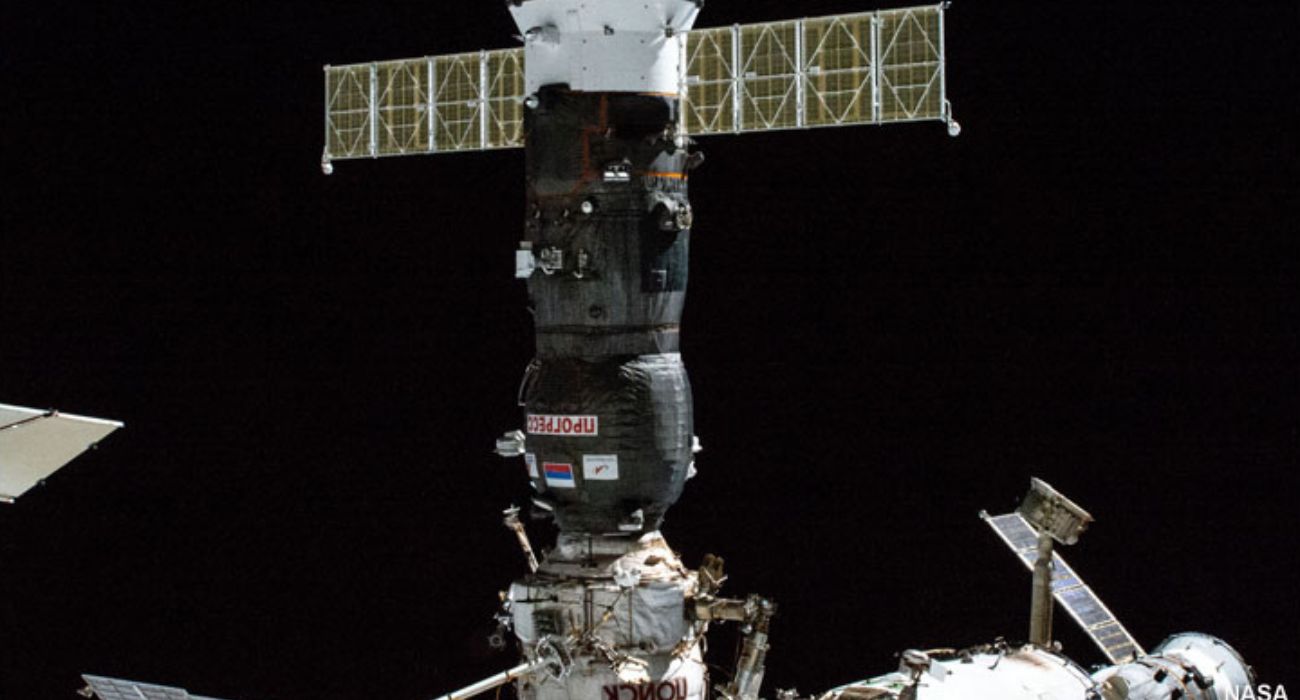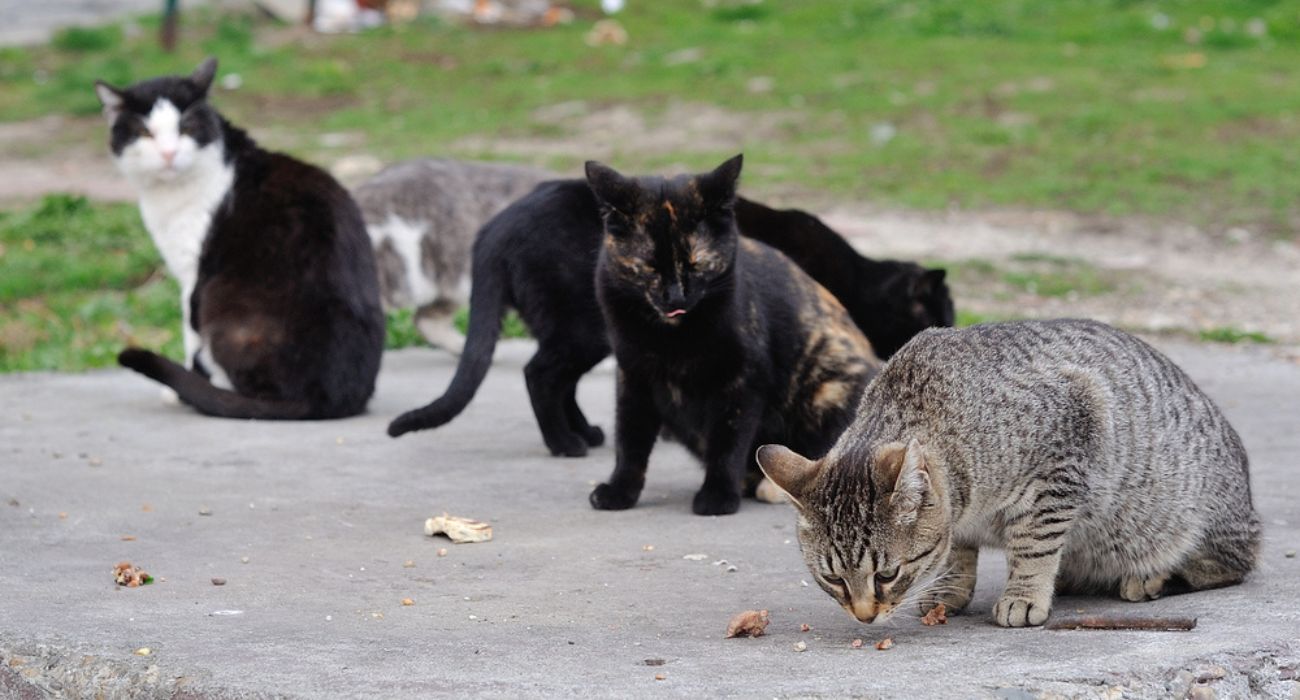The Russian segment of the International Space Station has sprung another leak, marking the third time experts have discovered such a problem with Russian equipment this year.
Russian space equipment has been demonstrating a number of issues since last year. Cosmonauts were scheduled for a spacewalk last December when ground teams discovered a coolant leak from the Soyuz MS-22 spacecraft, resulting in the walk’s cancellation. A replacement craft had to be sent to the space station, as previously reported by The Dallas Express.
In addition, another leak was discovered on the Russian Progress MS-21 cargo ship earlier in February.
Roscosmos, the Russian space agency, reported in a Telegram post on Monday that another of its modules on the ISS had sprung a leak.
“On the Nauka module of the Russian segment of the ISS, a coolant leak occurred from the external [backup] radiator circuit, which was delivered to the station in 2012,” said Roscosmos in a social media post (translation by Google Translate). “The main thermal control circuit of the module operates normally and provides comfortable conditions in the living area of the module.”
Roscosmos reported, however, that the crew onboard the ISS was not in danger. Officials are investigating the cause of the leak.
The leak has caused some experts to question the reliability of the spacecraft and equipment used in the Russian space program. Jonathan McDowell, a space analyst, said that the leak, along with the failure of its most recent space probe, demonstrates the “degrading reliability” of their systems, speculating that issues could be sourced back to a subcontractor.
“You’ve got three coolant systems leaking — there’s a common thread there. One is whatever, two is a coincidence, three is something systemic. … It really just emphasizes the degrading reliability of Russian space systems. When you add it to the context of their failed moon probe in August, they’re not looking great,” said McDowell, according to The Guardian.






